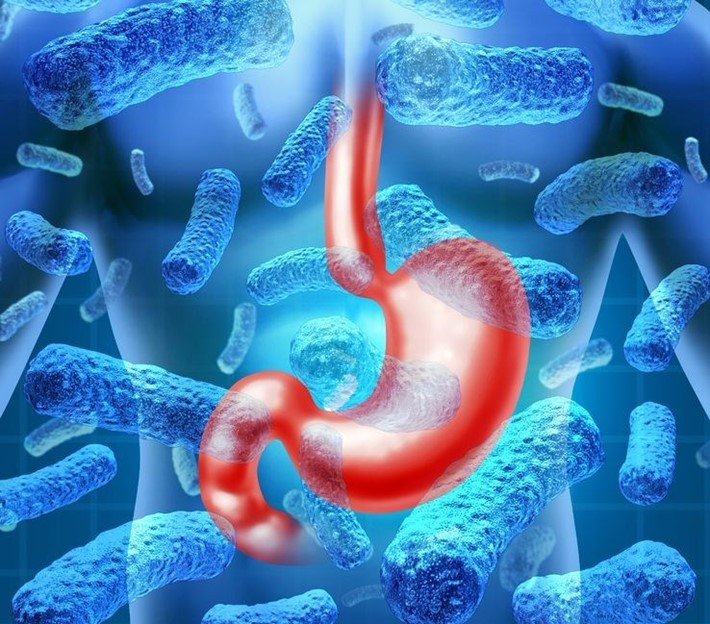Viral gastroenteritis is an intestinal infection that includes signs and symptoms such as watery diarrhea, stomach cramps, nausea or vomiting, and sometimes fever.
The most common way to develop viral gastroenteritis often called stomach flu is through contact with an infected person or by consuming contaminated food or water. If you’re otherwise healthy, you’ll likely recover without complications. But for infants, older adults, and people with compromised immune systems, viral gastroenteritis can be deadly.
There’s no effective treatment for viral gastroenteritis, so prevention is key. Avoid food and water that may be contaminated and wash your hands thoroughly and often.
Symptoms of Gastroenteritis
- Watery, usually non-bloody diarrhea bloody diarrhea usually means you have a different, more severe infection
- Nausea, vomiting, or both
- Stomach cramps and pain
- Occasional muscle aches or headache
- Low-grade fever
Depending on the cause, viral gastroenteritis symptoms may appear within 1-3 days after you’re infected and can range from mild to severe. Symptoms usually last just a day or two, but occasionally they may last up to 14 days. Because the symptoms are similar, it’s easy to confuse viral diarrhea with diarrhea caused by bacteria, such as Clostridioides difficile, salmonella, and Escherichia coli, or parasites, such as giardia.


